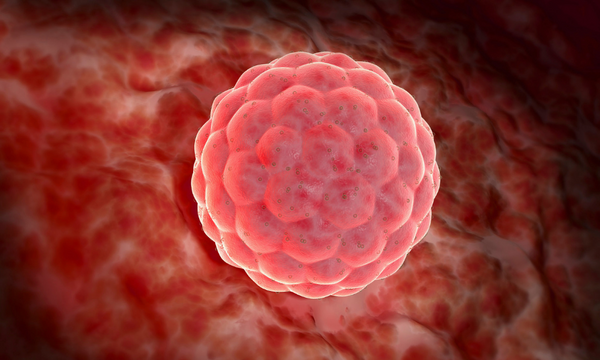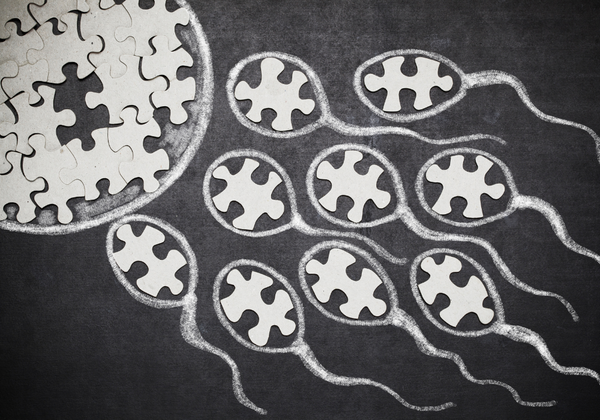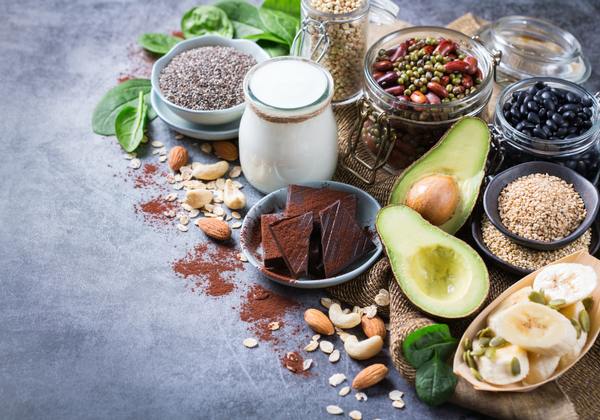Age and Fertility: The Connection
For many couples, the decision to start a family often comes with considerations about age. While there is no universally 'right' time to have a child, it's essential to understand how age can impact fertility for both men and women.
As women age, their fertility tends to decline due to a decrease in the quantity and quality of eggs in the ovaries. This decline becomes more noticeable after the age of 35. On the other hand, men also experience changes in fertility as they age.
The Challenges of Fertility After 35
Challenges for Women:
-
Decreased Egg Quality: As women age, the chances of chromosomal abnormalities in eggs increase, leading to a higher risk of miscarriage and birth defects.
-
Irregular Menstrual Cycles: Hormonal changes can lead to irregular periods, making it harder to predict ovulation accurately.
-
Lower Ovulation Frequency: Older women may ovulate less frequently than their younger counterparts, reducing the chances of conception.
-
Increased Risk of Health Conditions: Age is often associated with a higher risk of conditions like endometriosis, fibroids, and polycystic ovary syndrome (PCOS), which can affect fertility.
Challenges for Men:
-
Reduced Sperm Quality: As men age, sperm count, motility may decrease, and the morphology of sperm can be compromised, increasing the risk of fertility issues.
-
DNA Fragmentation: Age can also lead to increased DNA fragmentation in sperm, which is linked to lower fertility and a higher risk of miscarriage.
Celebrating the Solutions
Nutrition
- For Women: Foods rich in folate (e.g., leafy greens, lentils) to support healthy egg production. Iron (e.g., lean meats, beans) for reproductive health.
- For Men: Nuts (e.g., almonds, walnuts) for healthy fats and pumpkin seeds for zinc, crucial for sperm production.
Learn more about nutrition to support egg health here and sperm fertility here.
Supplements
- For Women: Prenatal vitamins with folate, iron, and vitamin D. Coenzyme Q10 (CoQ10) to improve egg quality.
- For Men: Zinc, selenium, and vitamin C supplements to enhance sperm quality and function.
Learn more about supplements to support conception here.
Lifestyle
- Avoid smoking and excessive alcohol consumption for both partners.
- Regular exercise for maintaining a healthy weight and reducing stress.
- Reduce caffeine intake and manage stress through practices like yoga and meditation.
Mindset
- Seek support from a therapist or support group to cope with the emotional challenges of fertility treatments and setbacks.
- Practice mindfulness techniques to reduce stress and improve overall mental well-being.
Assisted Fertility
If natural conception proves challenging, assisted reproductive technologies (ART) such as In Vitro Fertilization (IVF) and Intrauterine Insemination (IUI) can be effective options. These methods provide hope for couples struggling with age-related fertility issues and offer advanced techniques to increase the chances of successful conception.
Remember, each person's fertility journey is unique. While age can pose challenges, many couples successfully conceive and have healthy pregnancies well into their 30s and 40s. Seek support, stay informed, and celebrate the solutions that modern medicine and lifestyle choices offer.



